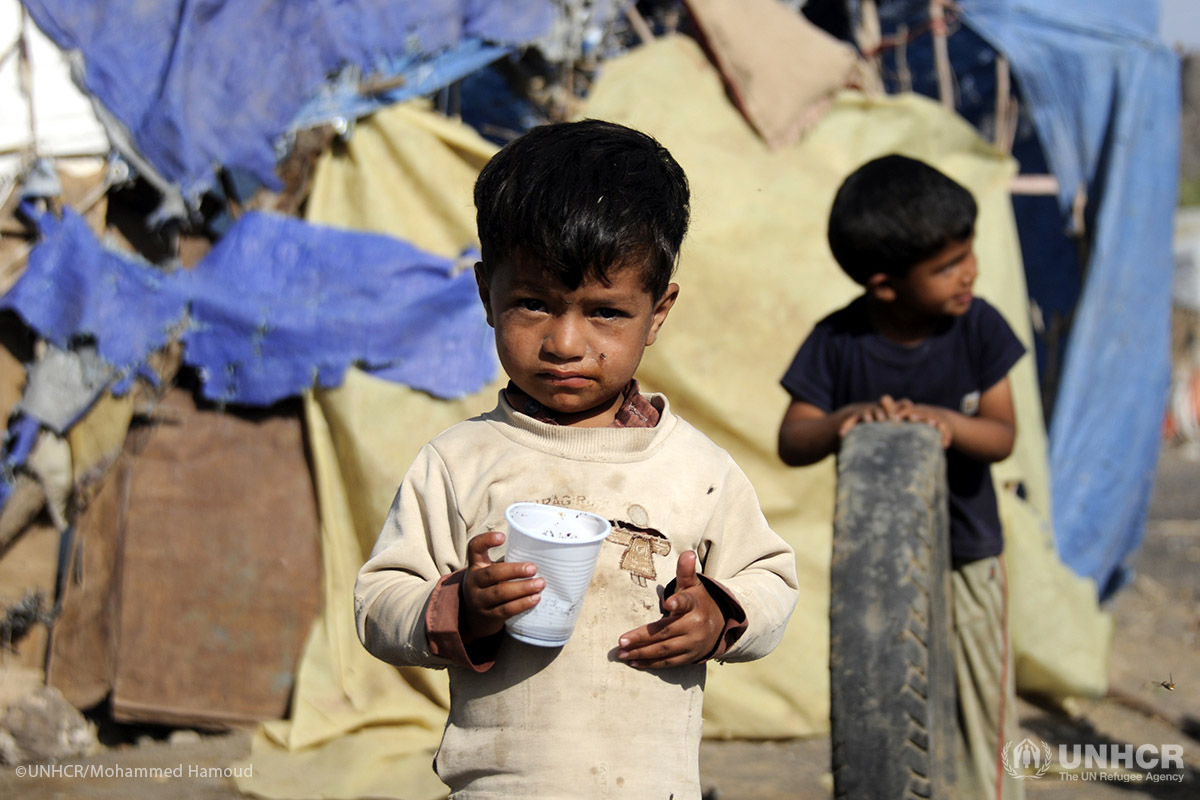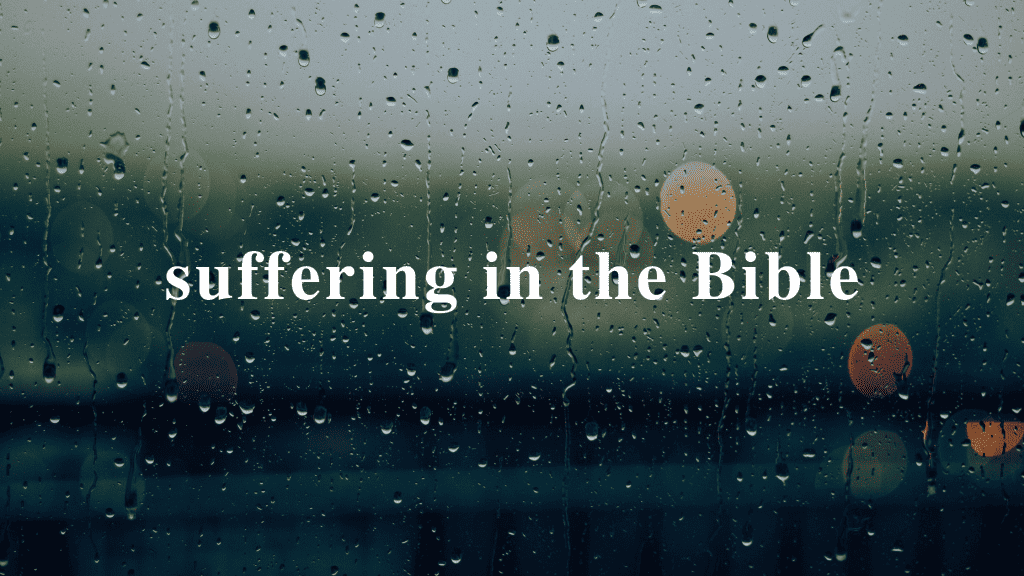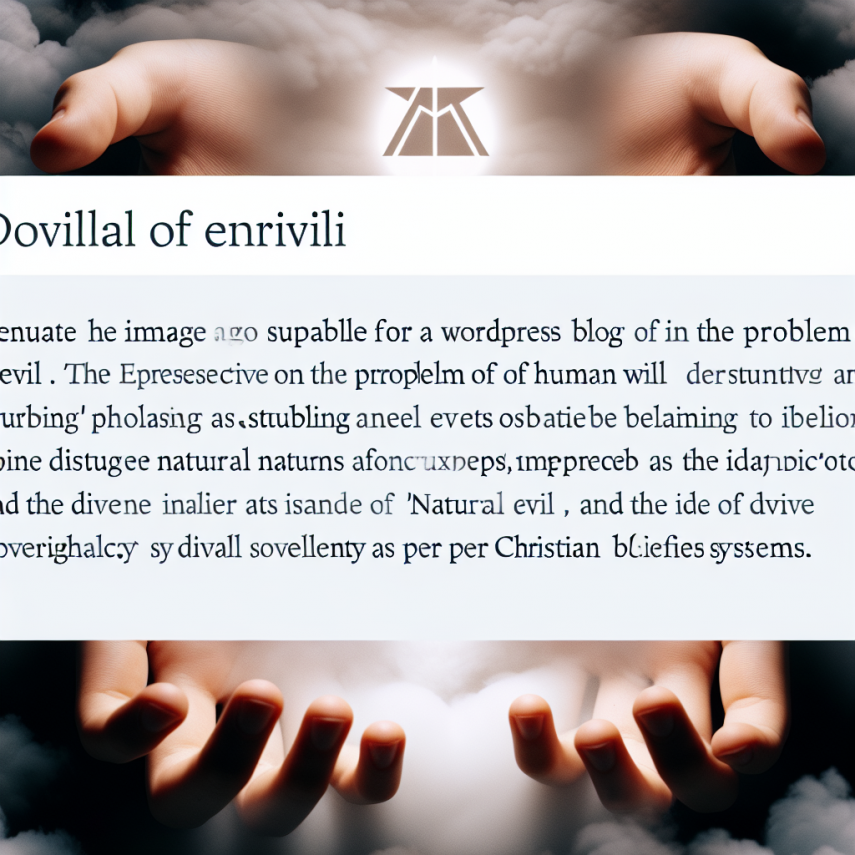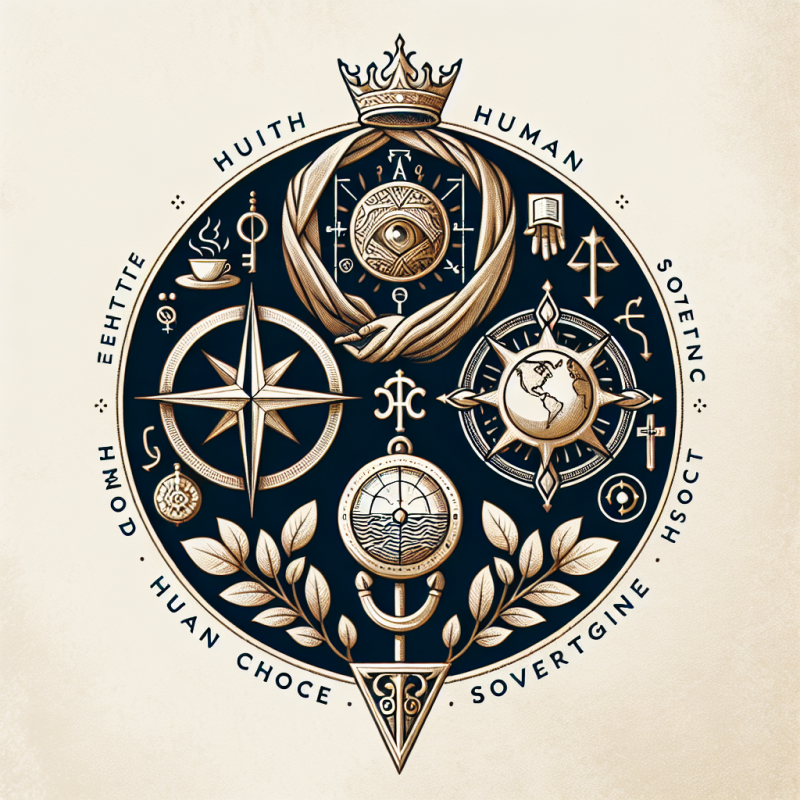The Problem of Evil and Human Free Will: Understanding the Christian Perspective
How do we reconcile the existence of a benevolent God with the presence of so much evil and suffering in the world? This is one of the most profound and enduring questions, not just within Christian circles, but across all of humanity. After grappling deeply with this issue throughout my spiritual journey, I have come to understand the complexities surrounding both moral and natural evil, as well as the role of free will within the framework of Christian theology.
The Issue of Moral Evil and Free Will
Many struggle with the question of why God allows humans to commit acts of evil such as violence, genocide, or hatred. Why doesn’t God intervene before these atrocities occur, halting them before innocent lives are harmed? Reflecting on my own life experiences—whether witnessing extreme poverty or facing personal betrayal—I wrestled with these very questions.
Christian theology introduces an understanding that centers on human free will. The concept of free will is key because, in order for genuine love for God to exist, humans must be able to choose freely, including the potential for choosing wrongly. C.S. Lewis famously said, “Free will… though it makes evil possible, is also the only thing that makes possible any love or goodness or joy worth having” (C.S. Lewis).
- God desires a loving relationship with humanity, and love must be freely given.
- If humans were compelled to do good at all times, this would nullify true freedom, and consequently, authentic love for God would be impossible.
- The potential misuse of this freedom explains horrific moral evils, from mass atrocities to individual acts of betrayal.
When I was navigating my own challenges—particularly battling illness, and moments of deep personal betrayal—I found myself questioning the boundaries of divine involvement. Why doesn’t God stop evil? And more specifically, could He have averted the pain I endured? These questions led me to a deeper understanding of faith and free will. It’s uncomfortable, but necessary to remember that preventing all evil would mean God’s intervention at every moment of decision, reducing us to automatons without the capacity for moral choice.
< >
>
Natural Evil and the Laws of Nature
But what about natural evil? How do we explain suffering that is not a result of human actions—diseases, earthquakes, tsunamis—that cause devastation and suffering for innocent people and animals alike? This question demands a different kind of theological reflection, and it’s admittedly a more challenging issue to address.
As I learned more about the fine-tuning of the physical laws of the universe, however, my perspective started to shift. Natural forces, like gravity or plate tectonics, are essential for the functioning of life on Earth. Without them, the world as we know it would not be possible. But these same natural processes can also cause harm. Christian scientists and theologians are increasingly looking at suffering caused by natural laws as an unfortunate but necessary byproduct of a world that is finely tuned to support life. In essence, if God did tweak the forces of nature to shield us from all harm, the world would not function the same.
This aligns with the thought that nature’s consistency enables both stability and the freedom to develop skills to mitigate suffering. From the development of earthquake-resistant architecture to predictions of climate shifts, human innovation continually seeks to counter the harsh forces of nature.
| Aspect of Nature | Positive Impact | Negative Impact |
|---|---|---|
| Gravity | Holds planets, forms stable ecosystems | Causes injuries like falls |
| Plate Tectonics | Creates landforms, mineral-rich soil | Causes earthquakes, tsunamis |
This view does not oversimplify or justify the magnitude of the suffering, but it does help provide context for how we understand physical laws within a universe framed by both scientific precision and theological meaning. This continuous balancing of life’s fragility while understanding God’s sovereignty has deepened my faith, making me more aware of the uncertainty of life—and how trust in God is an act of deliberate faithfulness, even when faced with the unknown.
The Eternal Perspective of Suffering and Redemption
Many ask, “What happens to those innocents, such as children, who die due to evils outside their control?” Reflecting on this question makes my heart ache, and surely, there are no simple answers. In Christian history, several theories have risen—some suggesting that infants who die are shielded by God’s grace and given post-death opportunities to know and be known by God. While I cannot claim to have all the answers, my own experience of illness and near-death has made me believe more fervently in a loving God who reaches out to all at the moment of death—especially those who have had no chance in this world to respond to His call.
My favorite analogy comes from Christian philosopher Alvin Plantinga, whose Free Will Defense poignantly illustrates that even amidst great suffering, God’s love is persistent. We may not understand the broad strokes of eternity, but we can cling to the hope that God is always working towards redemption, both here and in the hereafter. After all, God’s ultimate goal is restoration and healing, concepts we often explore in our reflections on Christian living and spiritual disciplines (spiritual growth).
The Challenge and Hope of Our Christian Response
Ultimately, the problem of evil, both human and natural, will continue to challenge our faith. Yet, just as scientific inquiry enhances our knowledge of the world, spiritual disciplines—like prayer and scripture meditation—help us wrestle with these hard questions. In my own darkest valleys, I have clung to Jeremiah 29:11, “For I know the plans I have for you,” declares the Lord, “plans to prosper you and not to harm you, plans to give you hope and a future.” Even when answers seem elusive, this truth brings peace and resilience.
In sharing this reflection, I hope it brings solace to those grappling with their understanding of God amid tragedy or hardship. It is through deep community and shared wisdom in faith that we learn to navigate this world, trusting that God, while allowing for freedom, is ultimately just and loving in ways we cannot yet fully comprehend.
< >
>
If we continue to bridge faith and reason, viewing life’s challenges as opportunities for deeper trust, both our understanding of the world and our relationship with God will deepen. This journey isn’t about easy answers, but about trusting the divine tapestry woven from joy, pain, choice, and grace.




I appreciate how you balance the intellectual and emotional aspects of suffering. However, I still struggle to see how this squares with God’s justice, especially in the case of innocent children suffering from natural disasters. Is there more theological exploration on that point?
Reflecting on both human freedom and natural laws offers valuable insight into the Christian understanding of suffering amidst a world designed for life.